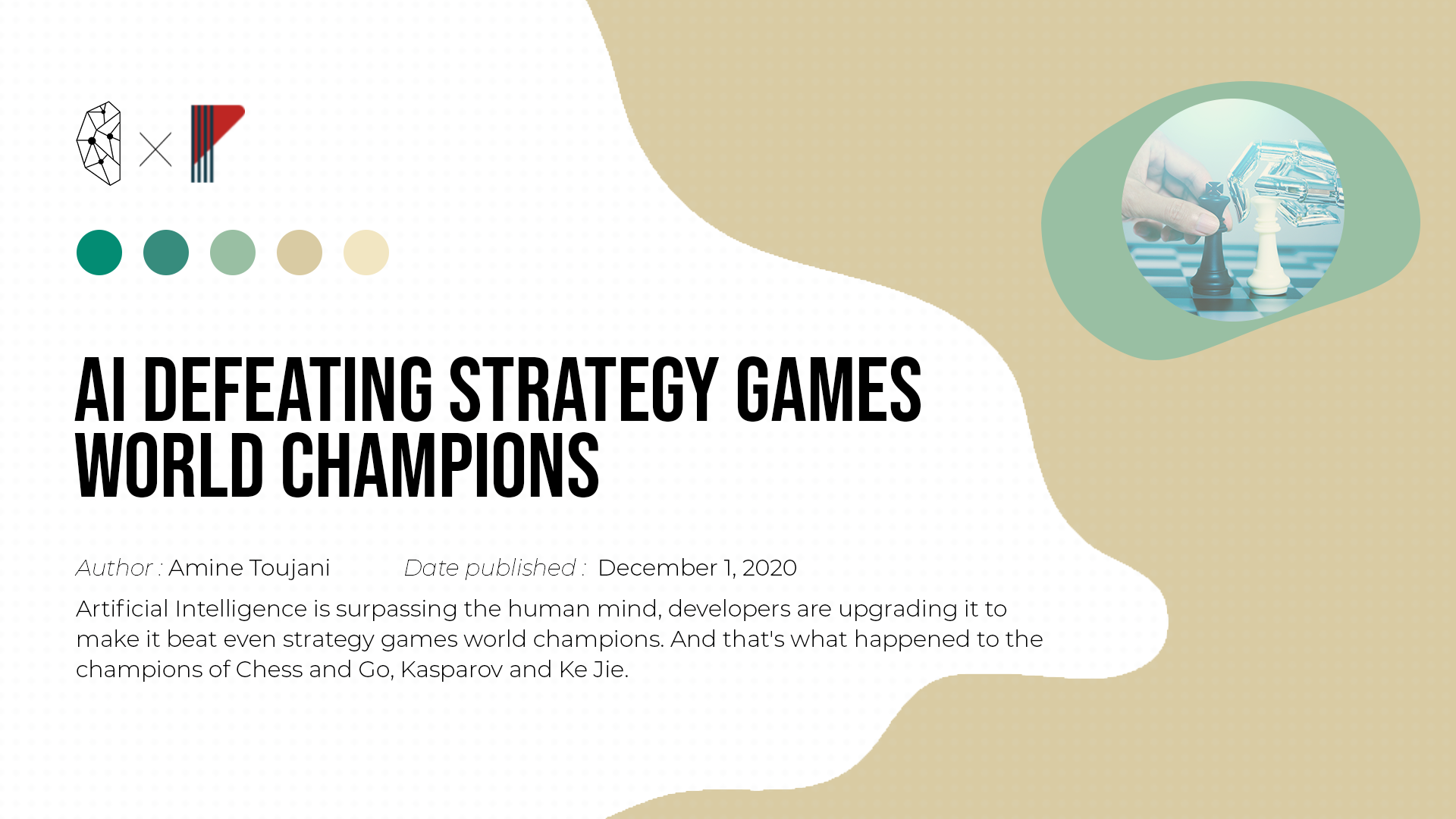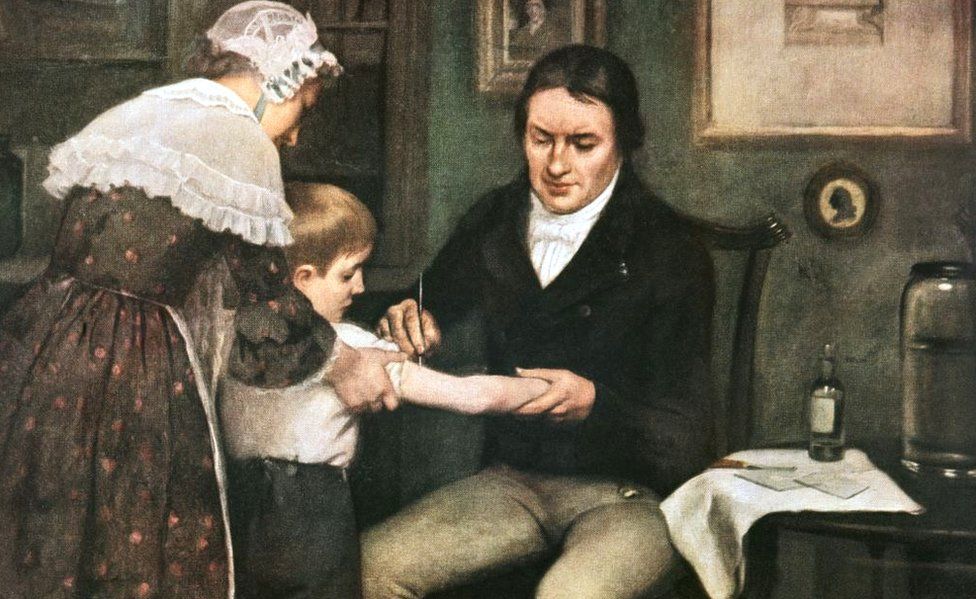Fast breathing, clenched fists, and hunched shoulders are common signs of tension that most people show as the vaccination syringe approaches the body whilst 300 years ago people took the same syringe with great joy and hope.
The reason is that we are clueless of what humanity endured before the « blessing » of vaccines came to light.
Let me tell you the tale of one of humankind’s greatest inventions through the eyes of a time walker. This invention actually underwent a lengthy process of discovery, development, and improvement that lasted for centuries.
And our wanderer walked down the lane of the 1700s, when English physician Edward Jenner overheard a girl boasting to her friend that she would not contract smallpox because she had already contracted cowpox and she will have a flawless face free from pox blisters.
The doctor thought that the idea was brilliant even though it seemed silly.
Why not provide cowpox vaccination instead of the usual inoculation which involved inserting fresh smallpox material, such as blisters from a sick individual, under the skin of a nonimmune person considering that 3 percent of people died due to variolation using the previous method?
Smallpox and cowpox both belong to the same family « poxviridae » and once the disease is transferred from cows to people, it became weakened
In order to give the immune system the memory it needs to fight smallpox once it enters the body, the doctor came up with the brilliant idea of infecting his patients with cowpox, which is contagious but much less dangerous than what smallpox can do to a human. He called this procedure « the variolae vaccine » and performed it on a boy for the first time. In 1796, at that same time, the idea of a modern vaccination was born. The boy lived and showed no signs of smallpox. And Edward Jenner branded himself as « the father of immunology » in history.
From that time until 1850, vaccination evolved, and then the arm-to-arm vaccination practice emerged, posing a safety concern because this new method of immunization allows for the transmission of bacteria and other diseases from one person to another.
Sydney Cooper, a microbiologist, discovered in 1896 that adding glycerin to the blistering agent used during the procedure could make this vaccination safer.
As a result, scientists were able to create the vaccine « dryvax, » which was used in the 1967 big WHO vaccination campaign that was a complete success.
The smallpox was eradicated, and research continued in the years that followed to reduce the vaccine’s side effects and make it more effective.
With knowledge, observation, try and error as well as the absurd notion of a normal girl, which we can term « luck » and the culminated work of many minds, many hands, many hearts during hundreds of years, this holly tool of science was created.
People like us who were born in an era where a new vaccine could be developed in one or one and a half year to stop a worldwide pandemic are unable to appreciate the blessing that this discovery brought to the world.
One of the deadliest diseases in human history, smallpox is believed to have killed hundreds of millions of people throughout history with a death rate of 30%, compared to coronavirus’s 3%, just to imagine the nightmare it caused to humanity; the battle that humans won against it is one of history’s greatest victories.
Granted with hardiness and protection, waiting for the secret work of a needle in their bodies, with calm breaths and relaxed shoulders people received their vaccine.
May humanity always strive in preserving a world rich of life and vitality.
Written By : Nada Arfaoui.




Share your thoughts